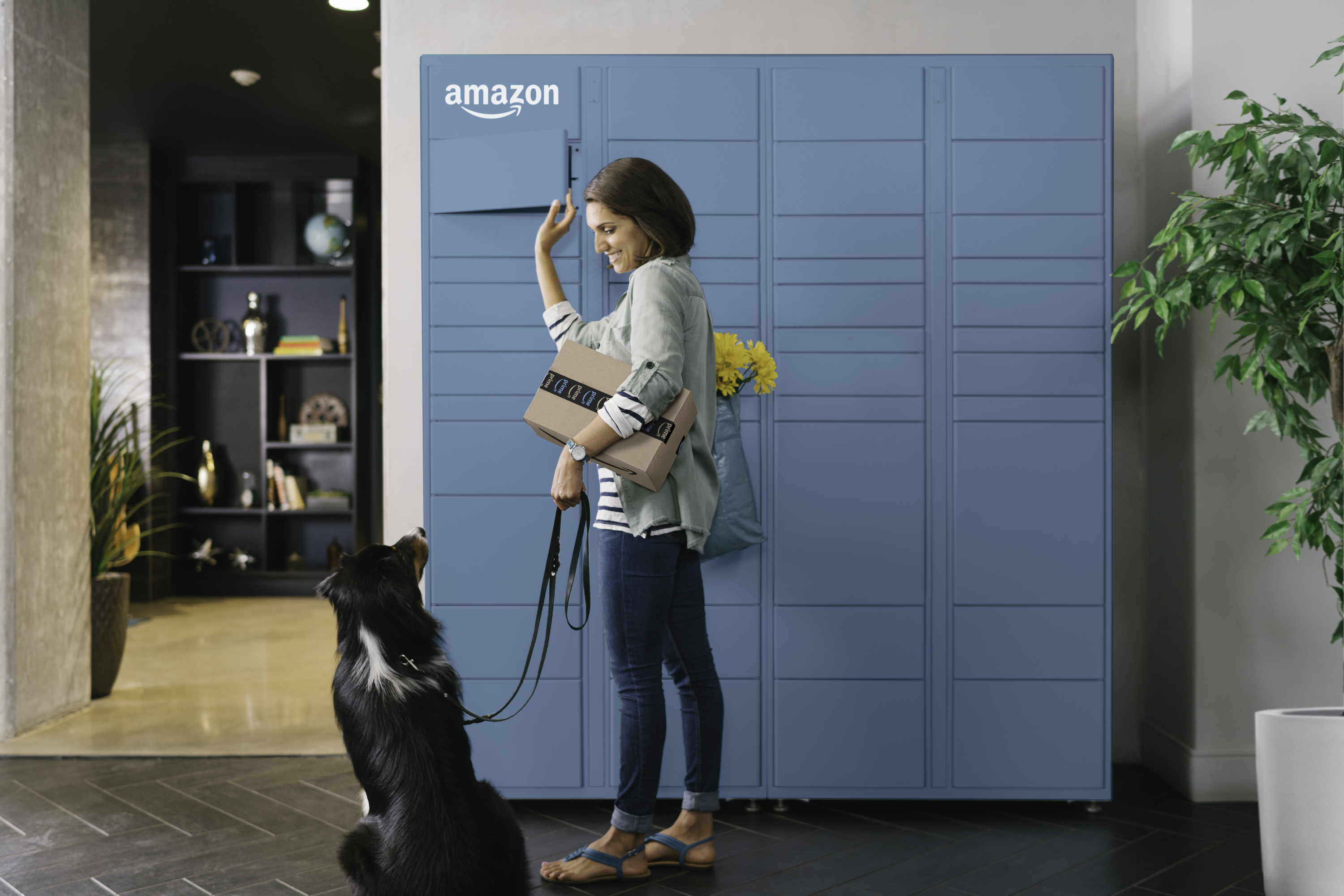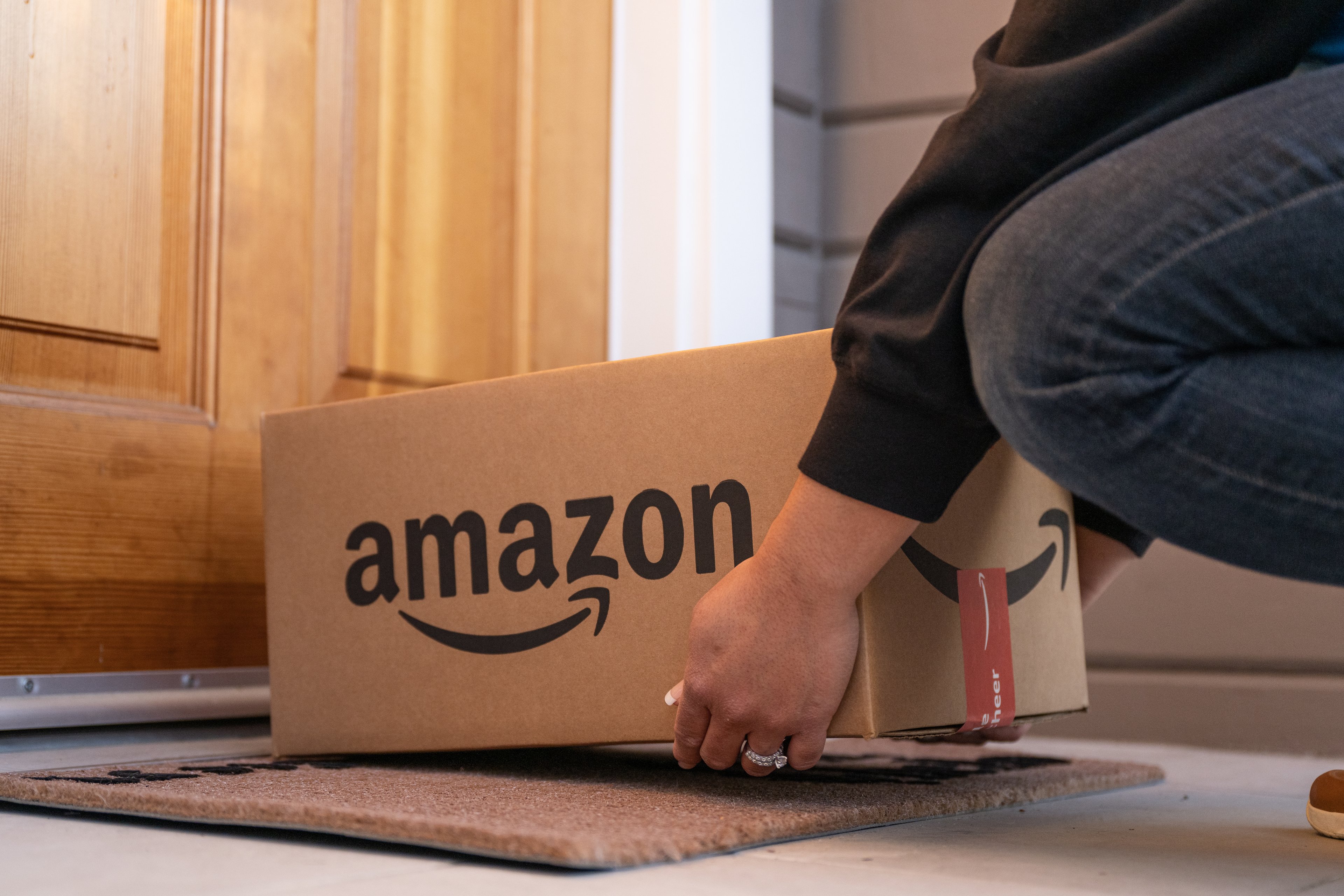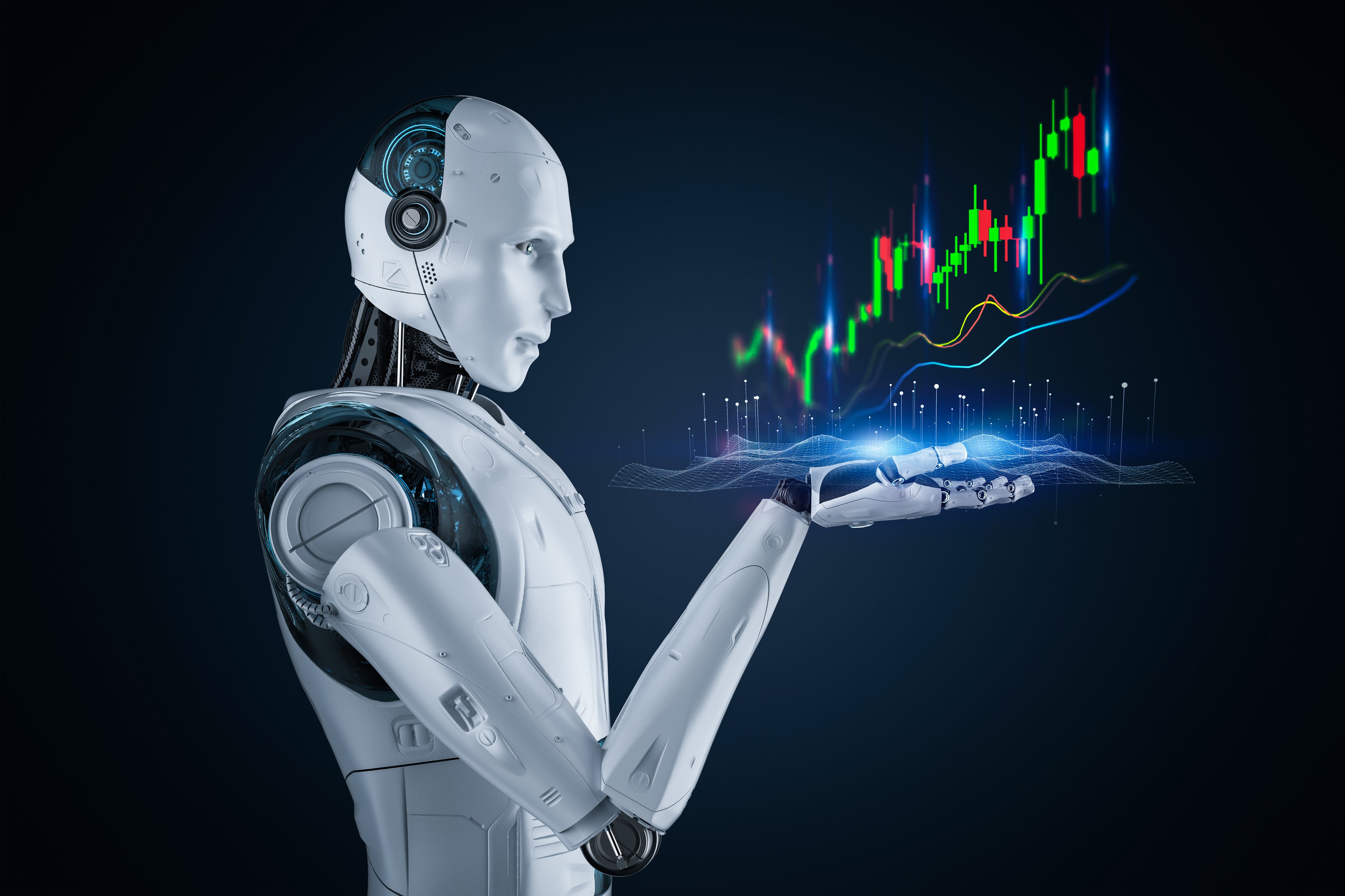The mere threat of it entering your market segment is troubling to many companies. "It" is Amazon.com (AMZN +2.63%) and it has destroyed countless small retailers and has taken a bite out of some bigger names as well. And, it did all of that almost entirely online. Now with relatively new plans to develop its own brick-and-mortar grocery store chain employing Amazon's usual technological take on shopping, even grocery powerhouses like Walmart and Costco have a reason for concern.
If you're thinking Kroger (KR 2.48%), the nation's biggest pure-play in groceries, is destined to be the next casualty of Amazon's never-ending expansion, though, think again. It may not have been entirely ready for the advent of Amazon Fresh or Walmart's foray into curbside pickup, but the iconic grocery store chain is now melding tech and food shopping just as well as Amazon likely will. And, it's doing so with an advantage Amazon doesn't have.
In short, there are three key reasons Amazon's latest entry into the food-selling space isn't quite the threat to Kroger it's been made out to be.

Image source: Getty Images.
1. Kroger's physical retail footprint is already established
Chatter about next-day or even same-day grocery deliveries certainly makes for splashy headlines, but when all is said and done, most consumers still just don't care about offloading the work. Only about 6% of all grocery purchases are now done online, and while the Food Marketing Institute and Nielsen believe total online food purchasing will grow to $100 billion per year by 2025, that's still only a fraction of the $800 billion the U.S. spends per year on groceries right now.
It's a dynamic that would presumably apply to Amazon's grocery stores then as much as it applies to Kroger right now. However, with nearly 2,800 grocery stores already in existence versus Amazon's none (aside from its grab-n-go convenience stores and its ownership of not-quite-mainstream 500-plus Whole Foods Market locales), Kroger doesn't have to take on the expense of building locations from scratch and then driving new foot traffic to those stores. Fast delivery of dry goods -- or even perishables -- from a non-store warehouse isn't necessarily a powerful advantage for Amazon, nor will it be for the foreseeable future.
2. Kroger is embracing tech
Amazon's cashier-less stores and high-tech logistics networks are likely to be a glimpse of what shoppers might expect to find in an Amazon grocery store. Kroger is embracing technology now as well, though, remaining relevant in a world dominated by tech-savvy consumers.
Case in point: In January, Kroger unveiled a test program of a new shelf display system. Rather than just paper price tags, the enhanced display for grocery environment (or EDGE) allows shoppers to learn more about that food's nutritional value. The tech enhances Kroger's existing Scan, Bag, Go feature and can even help the grocer better manage its inventory and tailor-make offers for individual shoppers. In the meantime, Kroger has picked a sixth location and started to build its first automated warehouse that will fill online orders of groceries, keeping shoppers out of stores they don't want to fight their way in and out of anyway.
Amazon's likely got even more and cooler technology in mind, but Kroger clearly isn't stuck in the past.
3. Management understands what it's up against
Finally, kudos to Kroger CEO Rodney McMullen and his management team for recognizing that consumer preferences are changing and that grocers must change as well.
McMullen said in the middle of the year:
All of this work starts with our customer obsession focus. That is why we're building an omni-channel platform to serve customers with anything, anytime, anywhere. That is why we're focused on redefining the experience grocery customers can expect to have in our stores and online. Our customers don't distinguish between an in-store and online experience. Rather, they typically have a food-related need or a problem to solve and want the easiest, most seamless solution.
An understanding that the grocery business is now more about a lifestyle and less about mere food sales suggests Kroger's top brass are thinking specifically about keeping Amazon in check -- something too many other retailers failed to do.
Still a contender
Don't misread the message. Amazon is still a tough competitor, as usual. There's not much it can't do when CEO Jeff Bezos' conviction is high enough (and the company's purse strings are loose enough), and even his modest exposure and experience with Whole Foods is worth something. Kroger will have to fight.
However, if Amazon expects to roll over Kroger and other grocery rivals the way it nearly wrecked Best Buy and ultimately crushed Toys R Us, it may be in for a rude awakening. Kroger is looking to do what Amazon would do before Amazon gets a chance to do it. That, plus the fact that it's already got its store network in place, actually shields it pretty well from the e-commerce behemoth.







